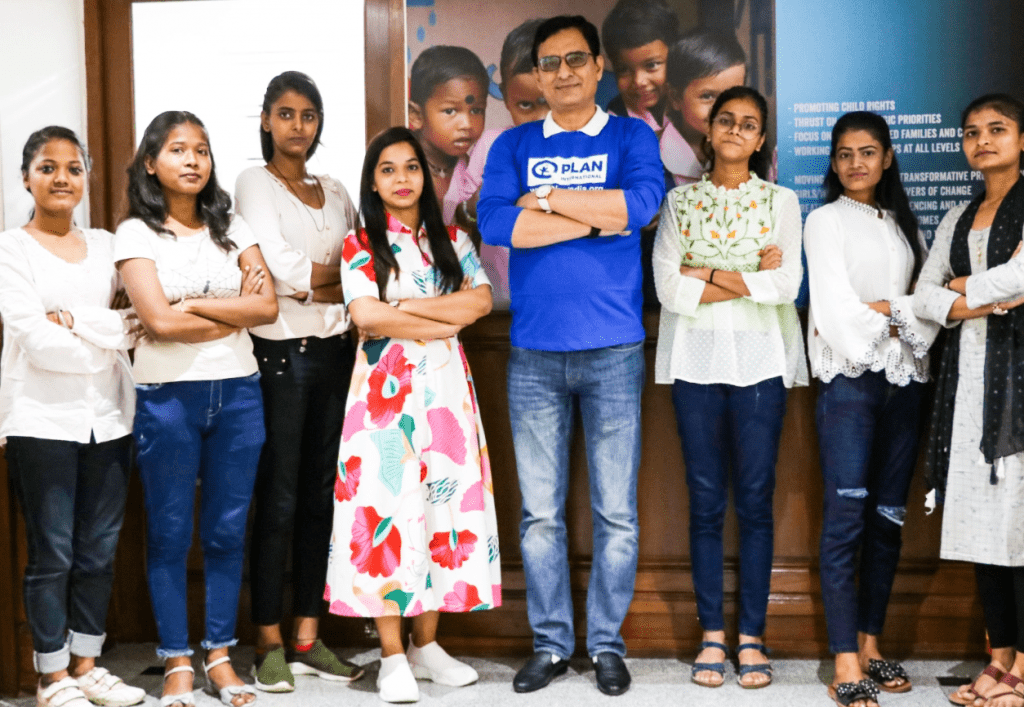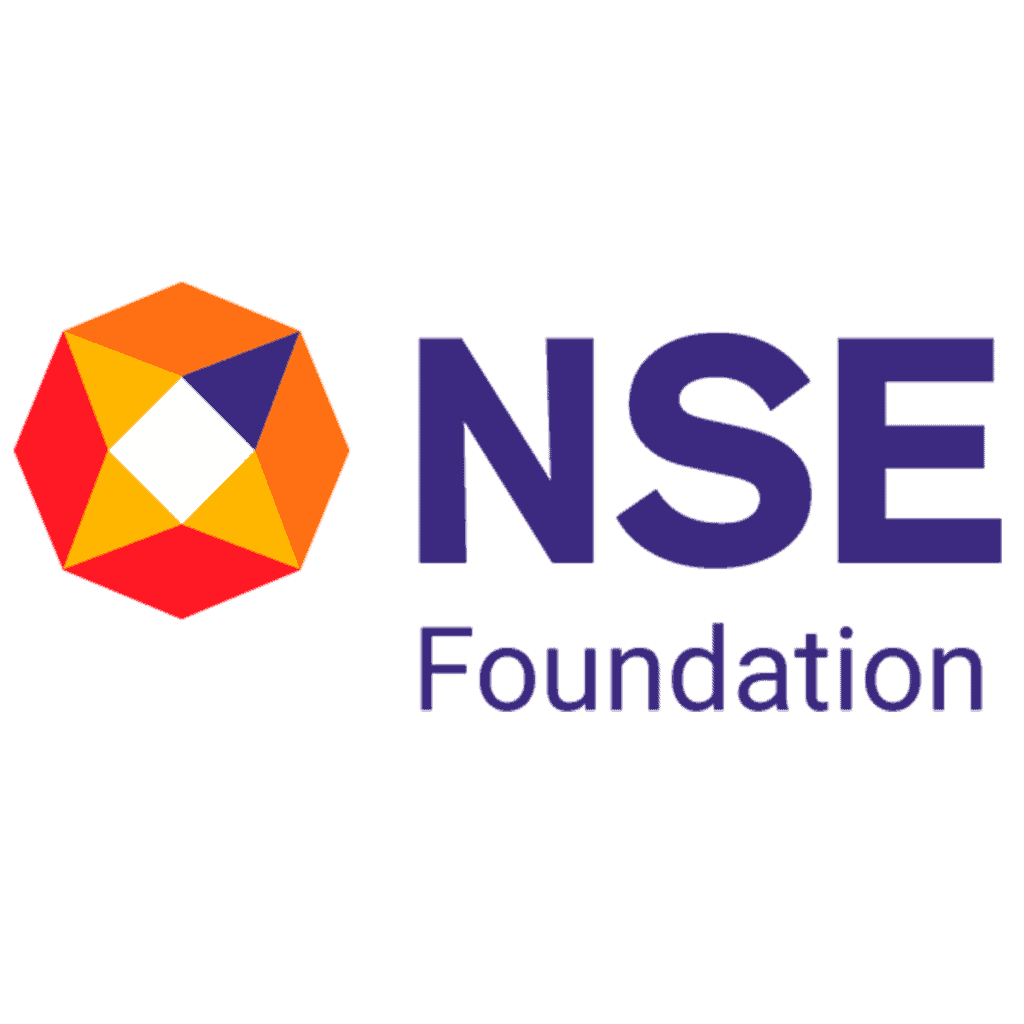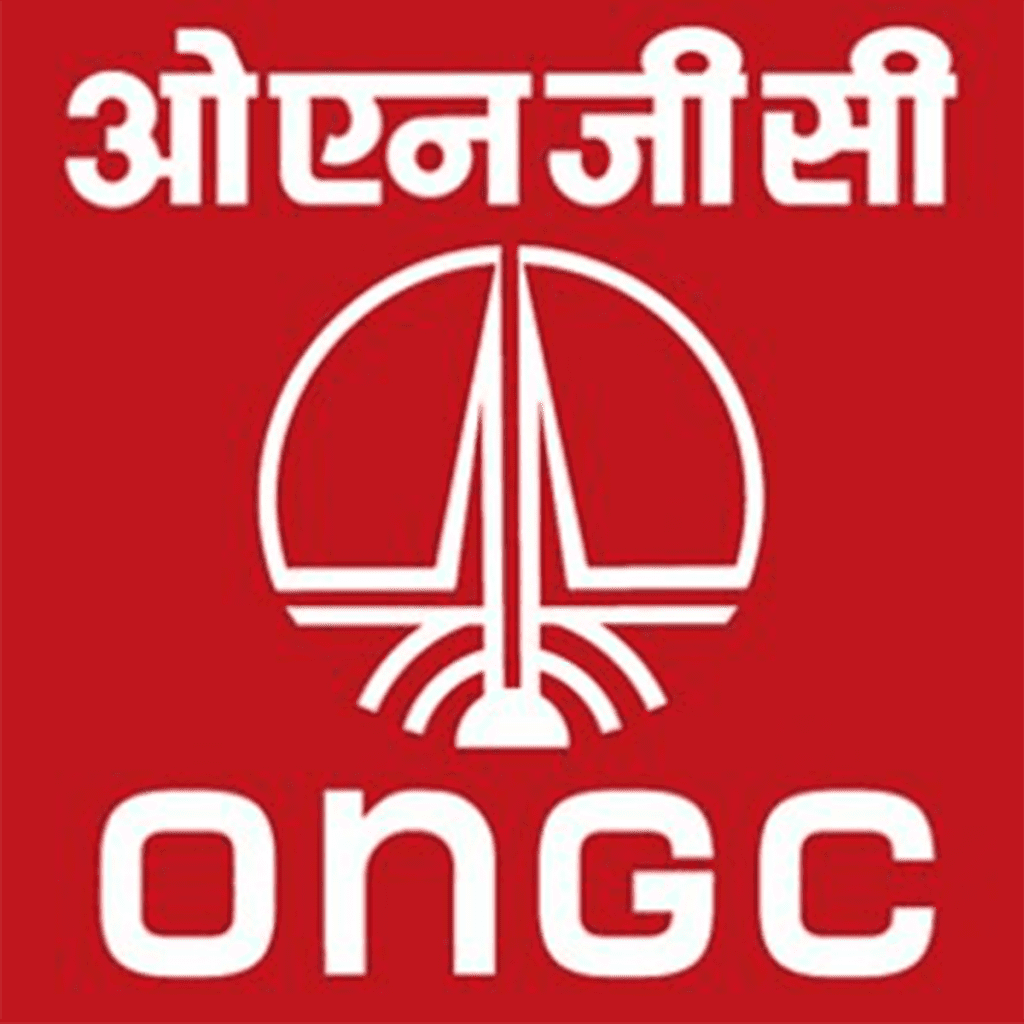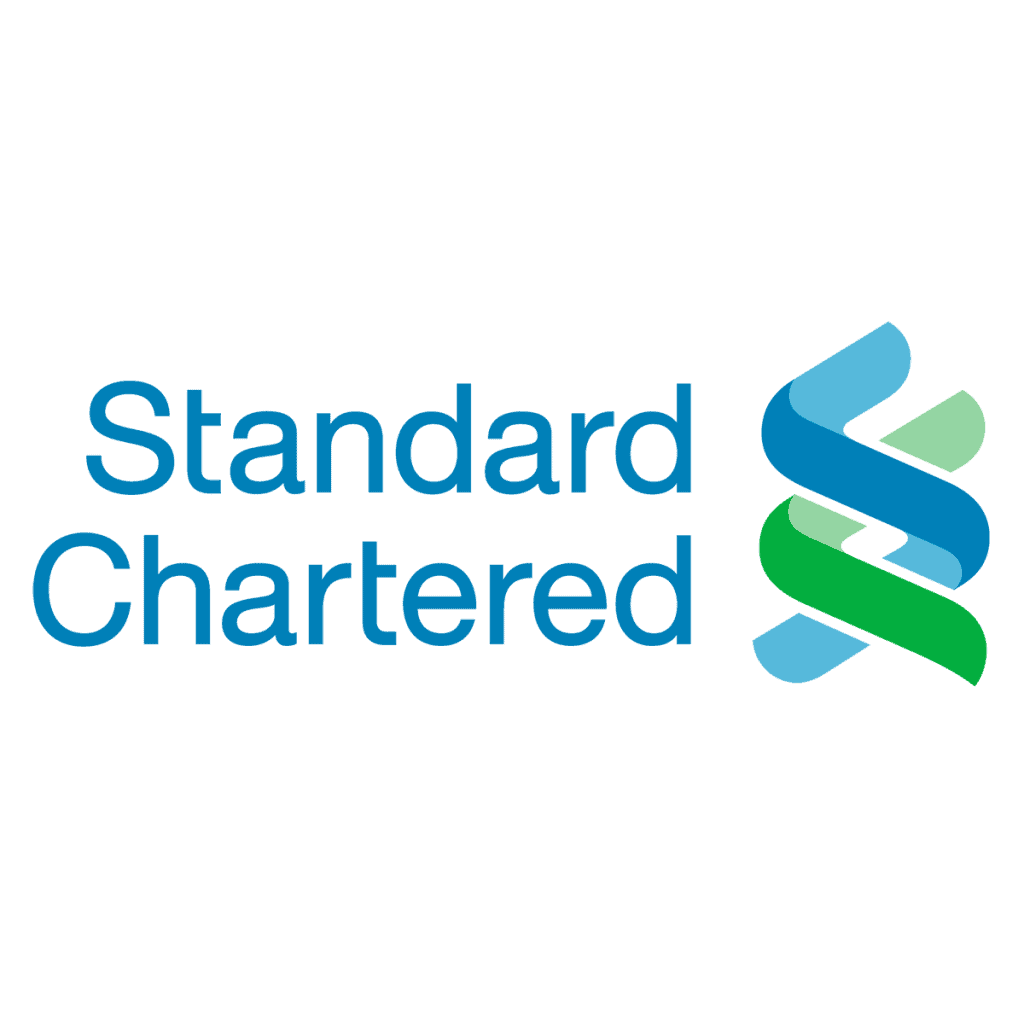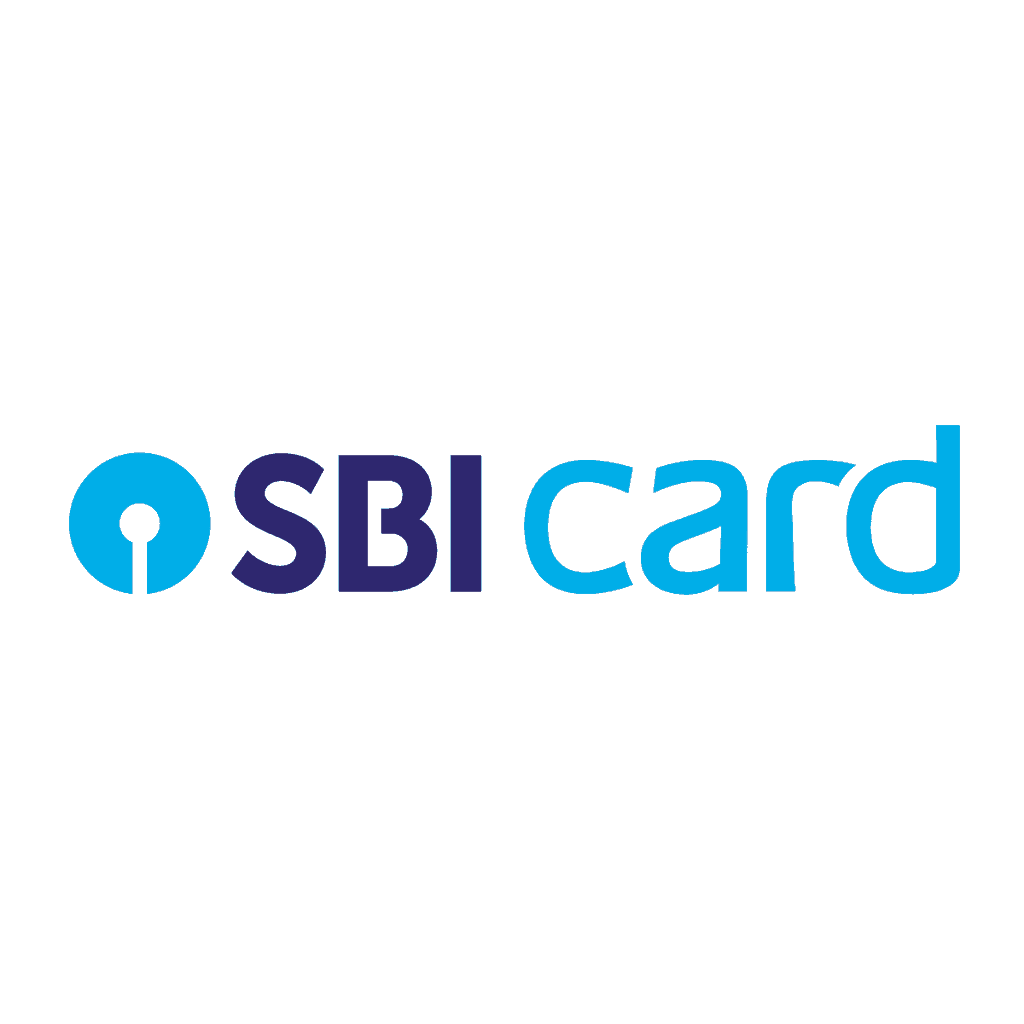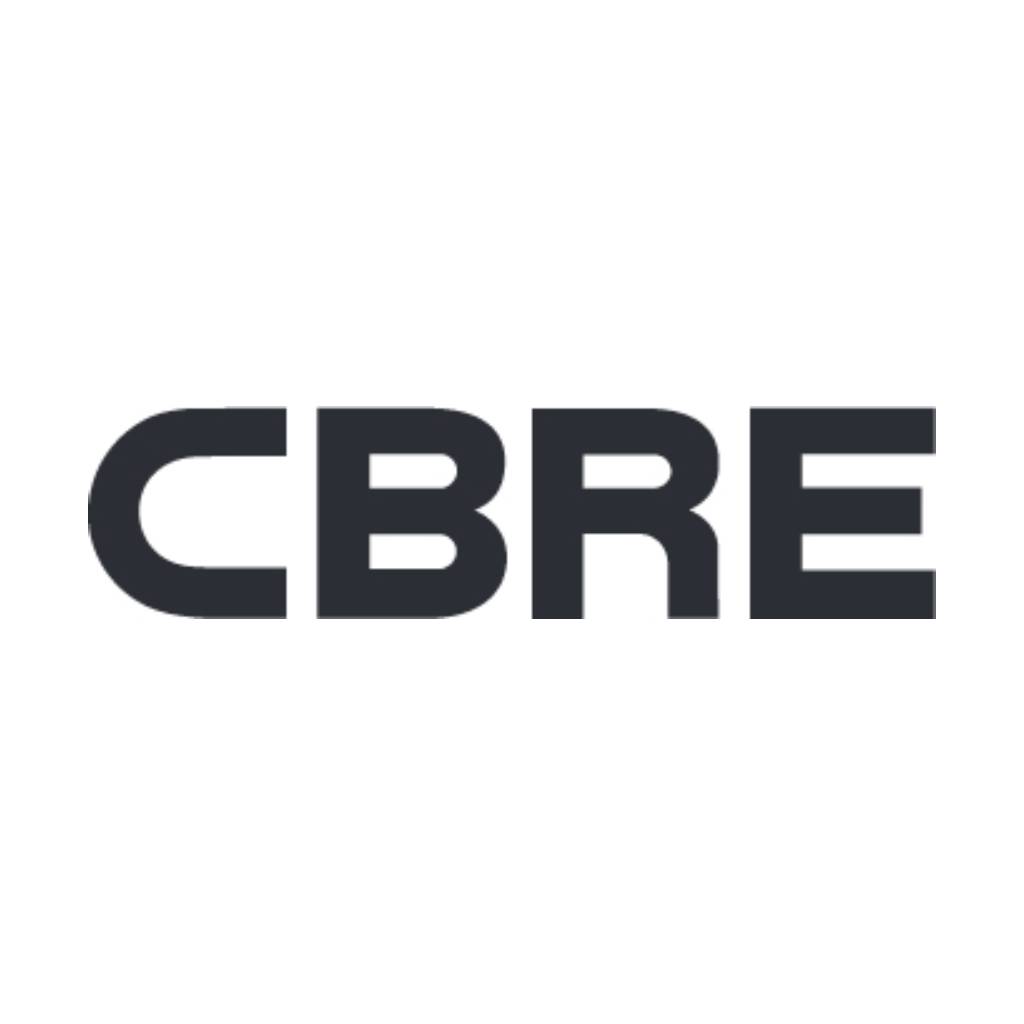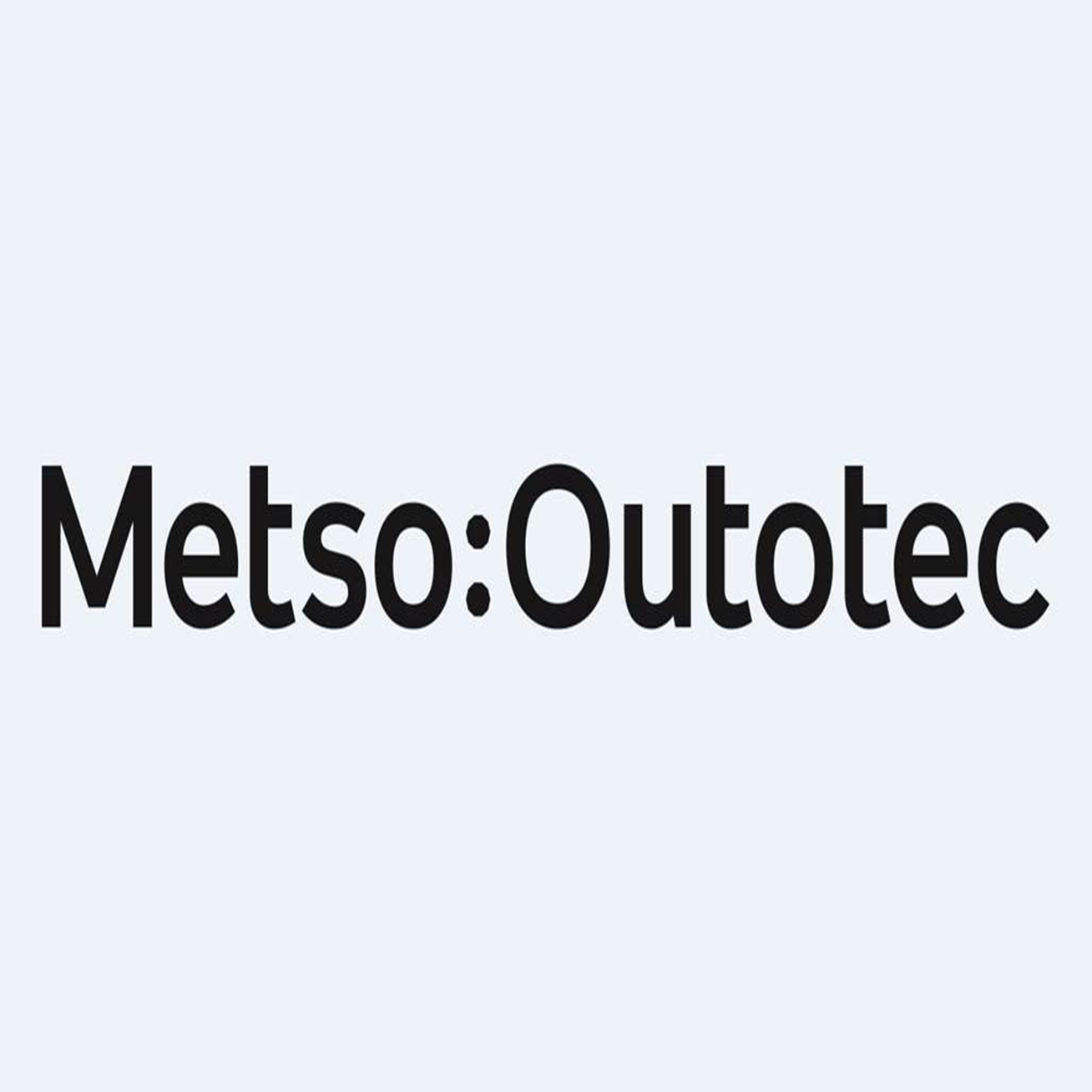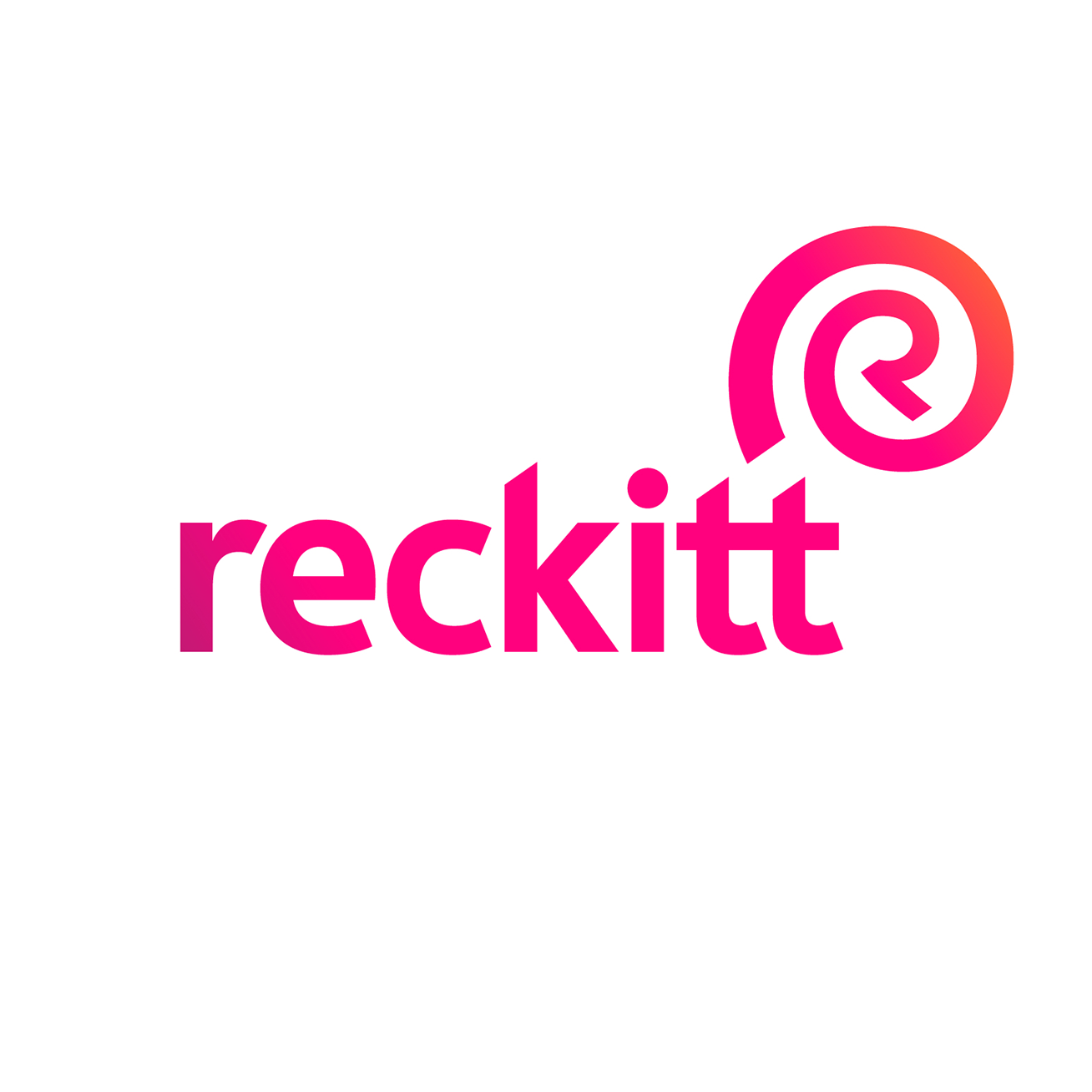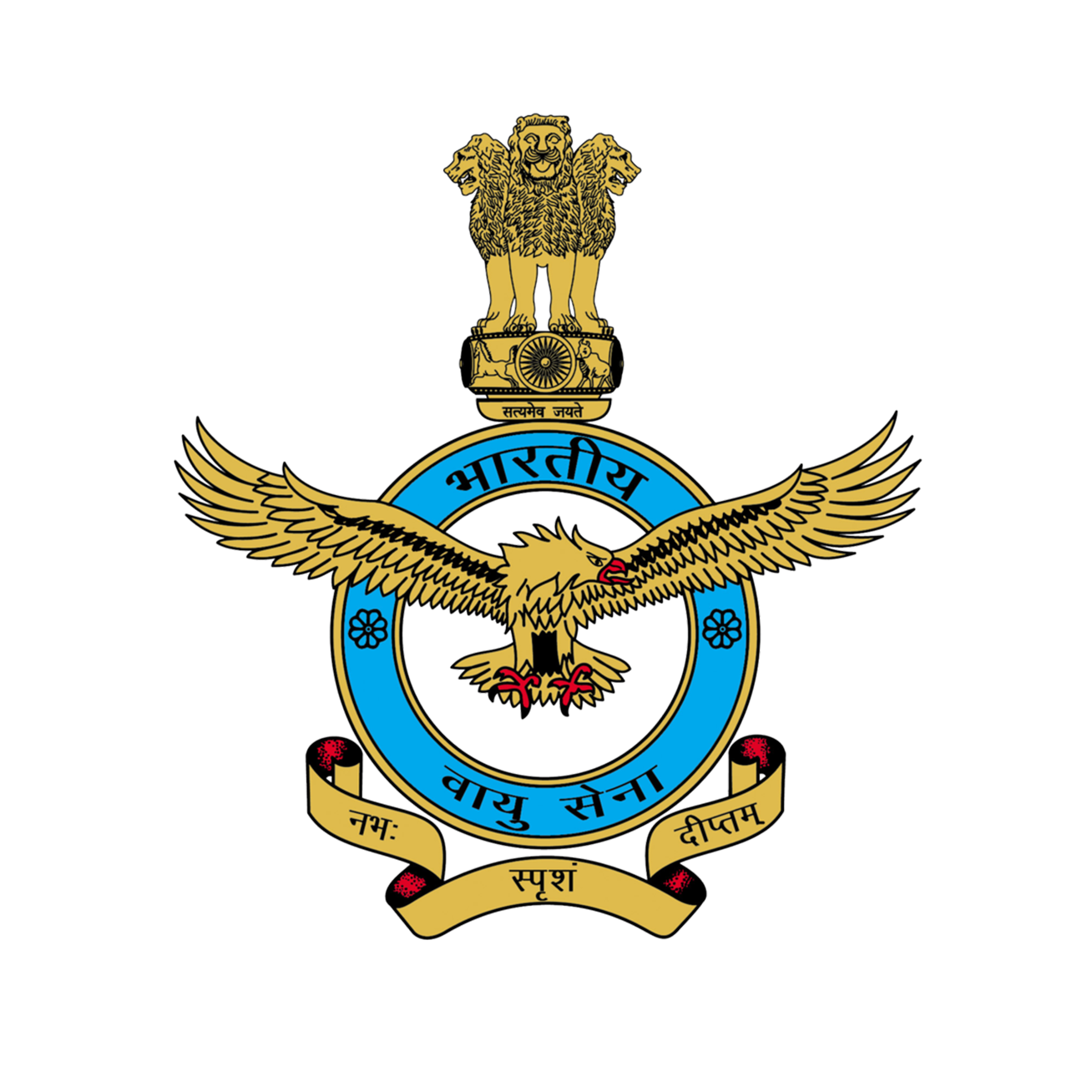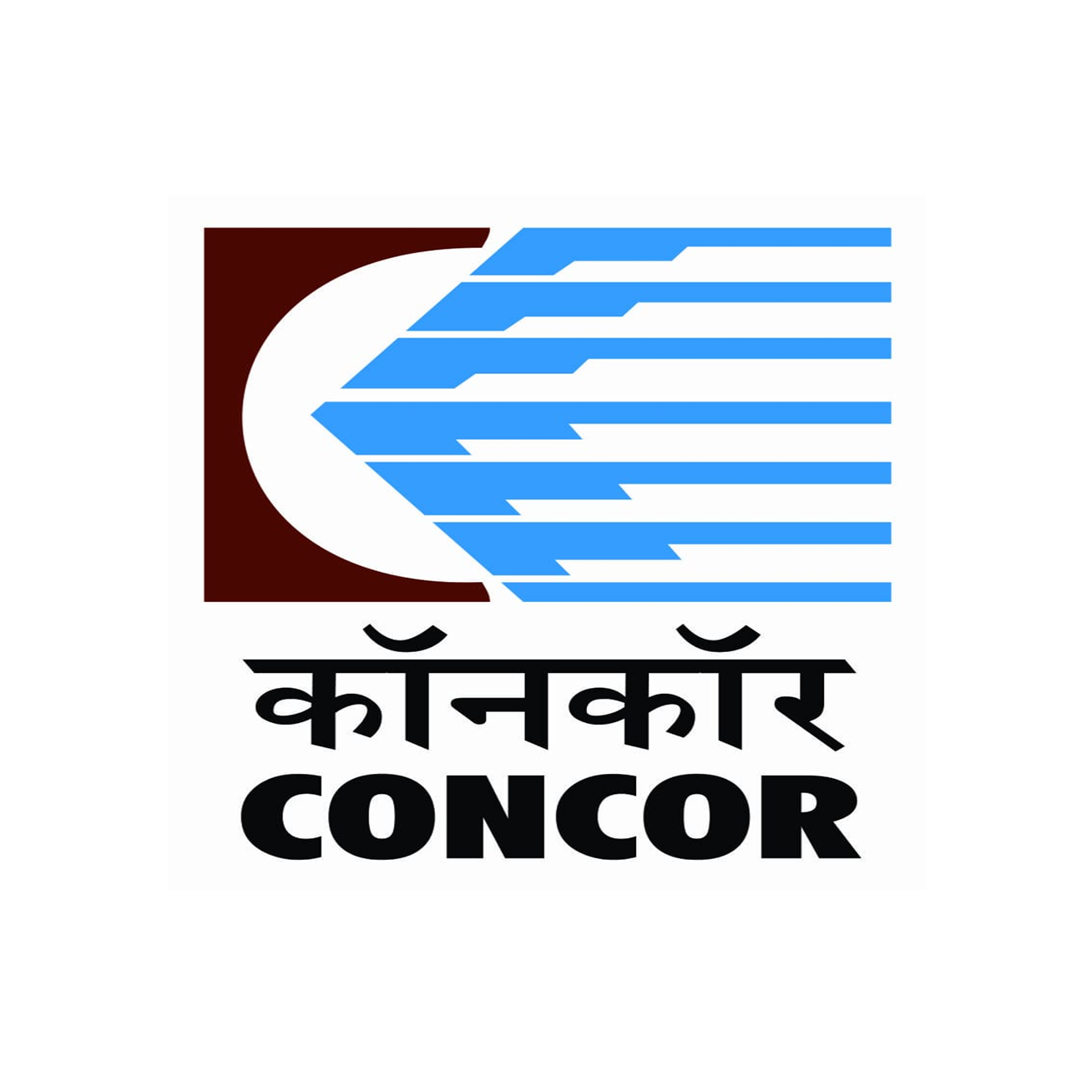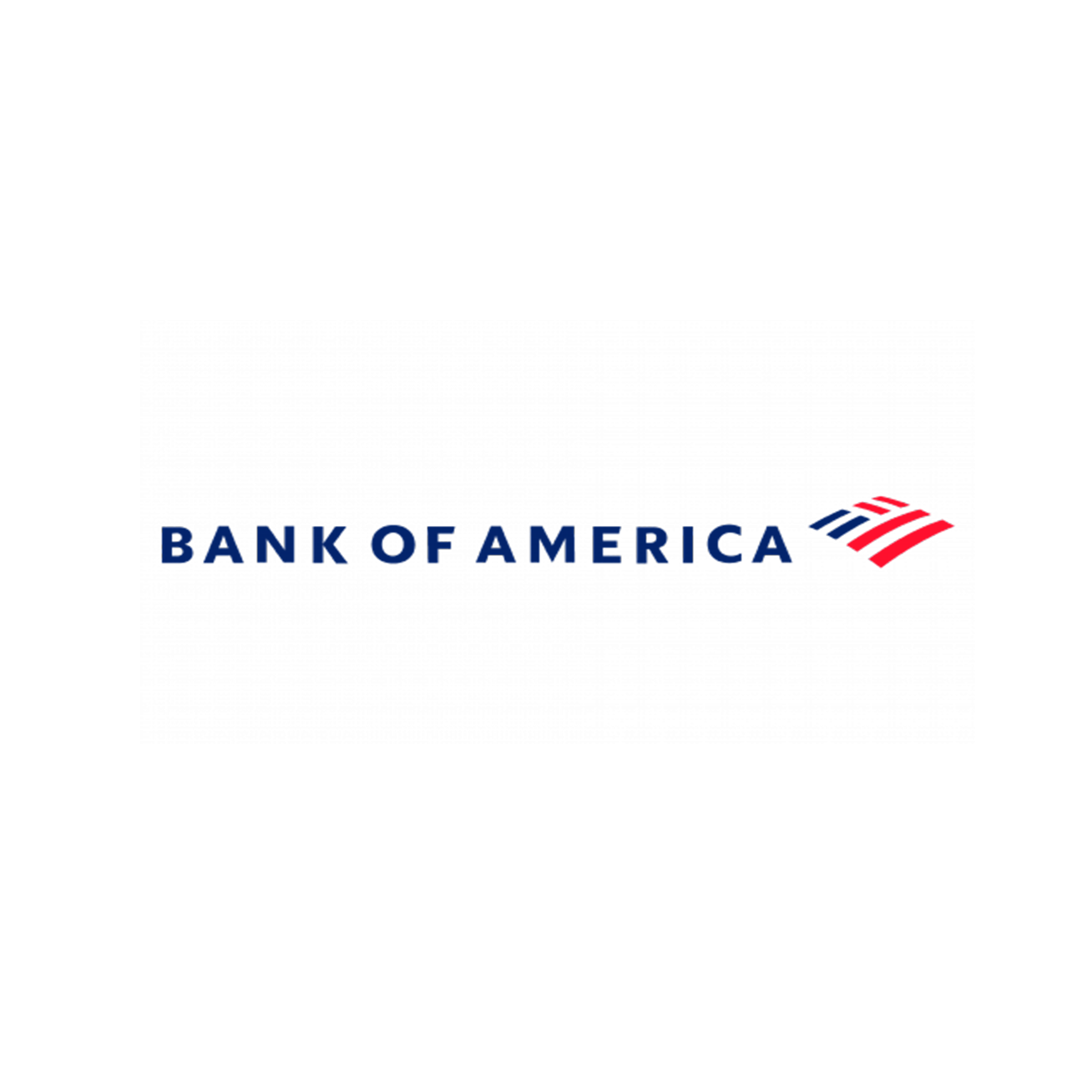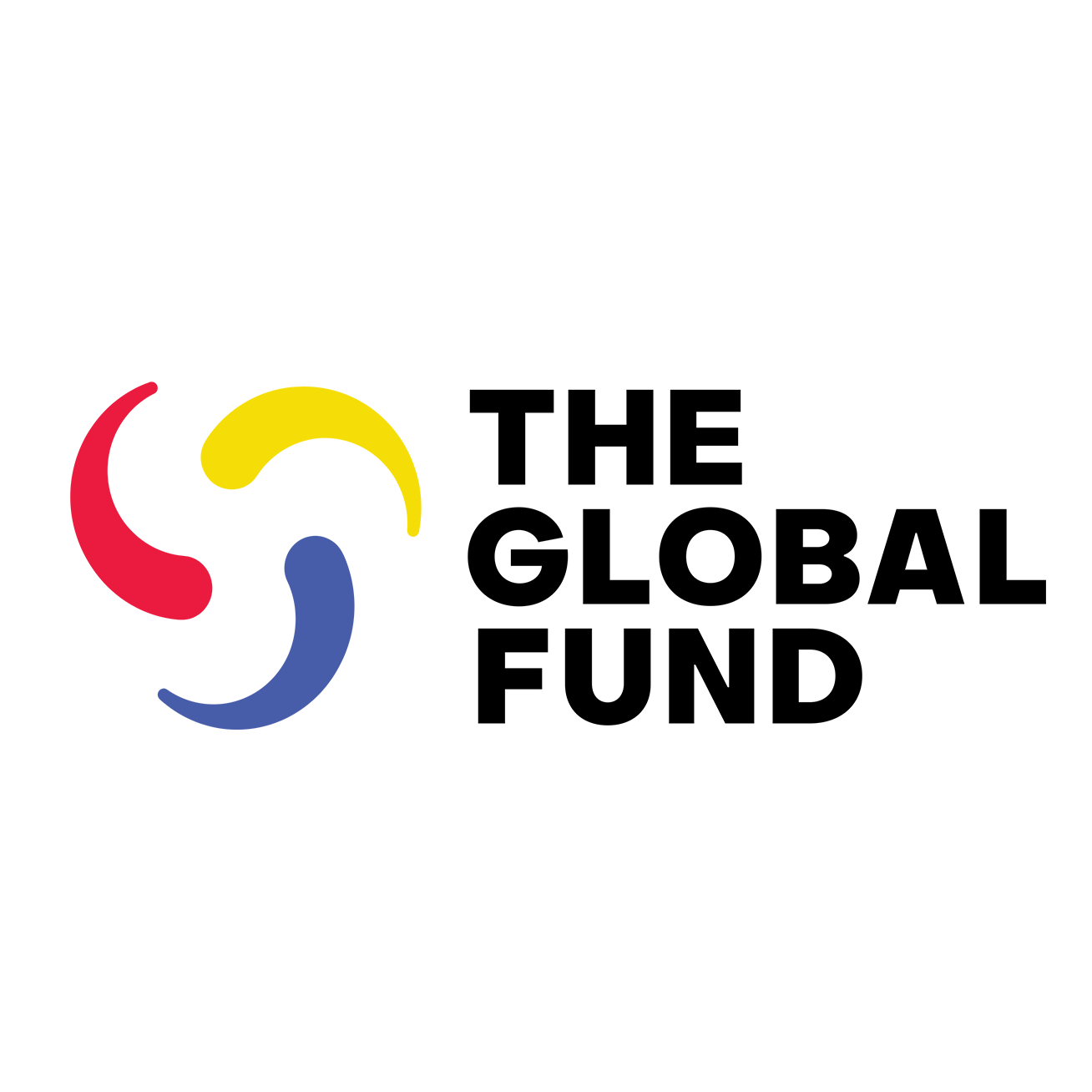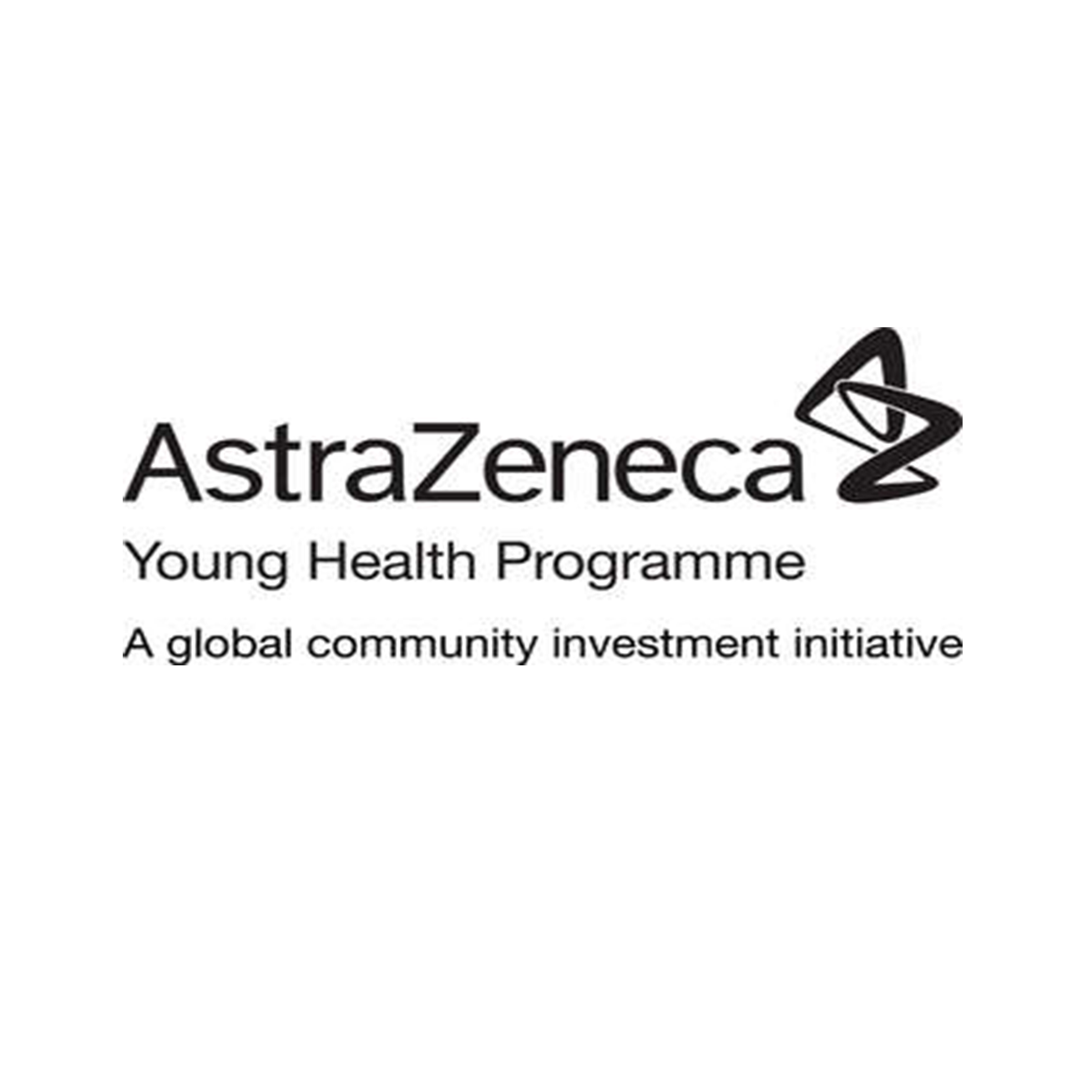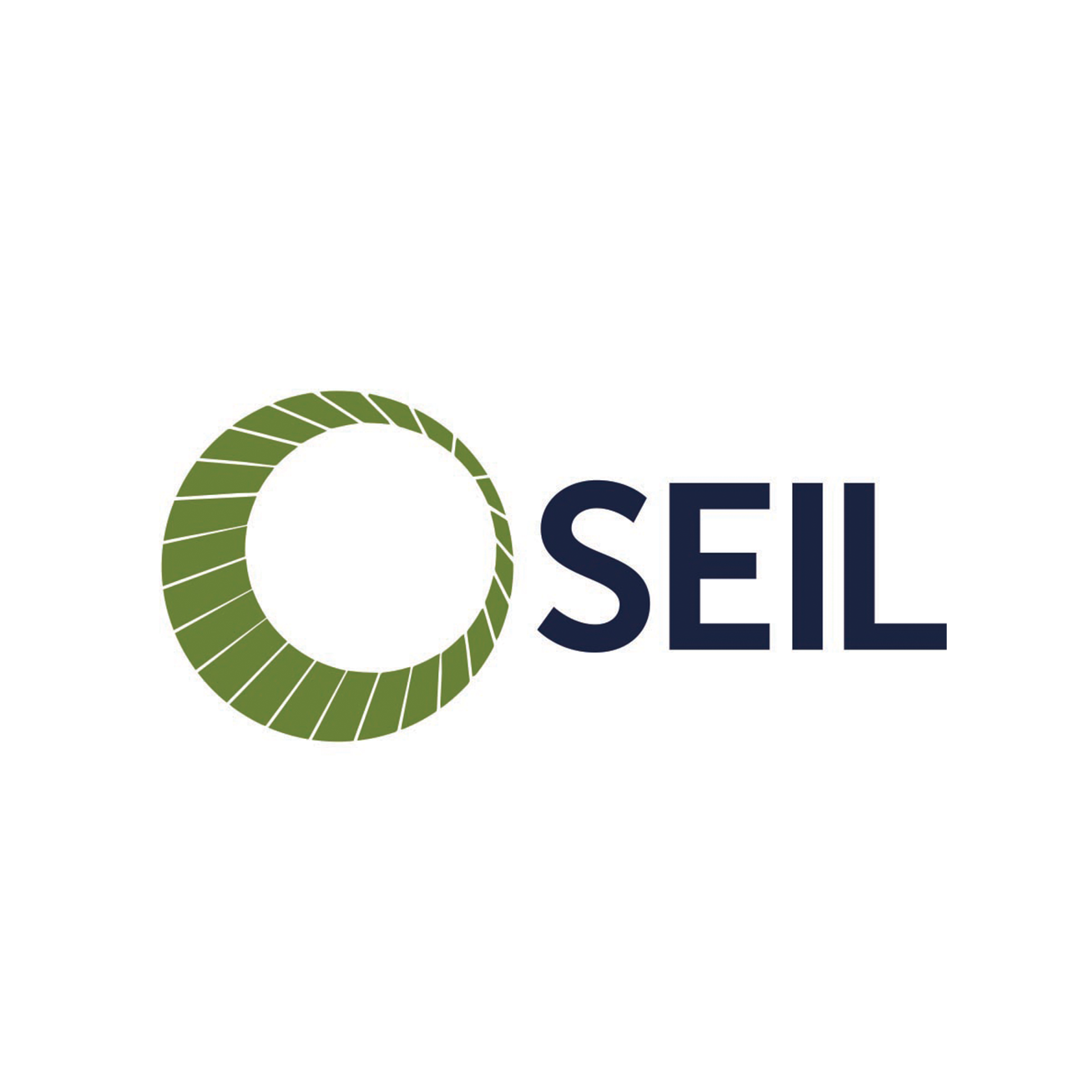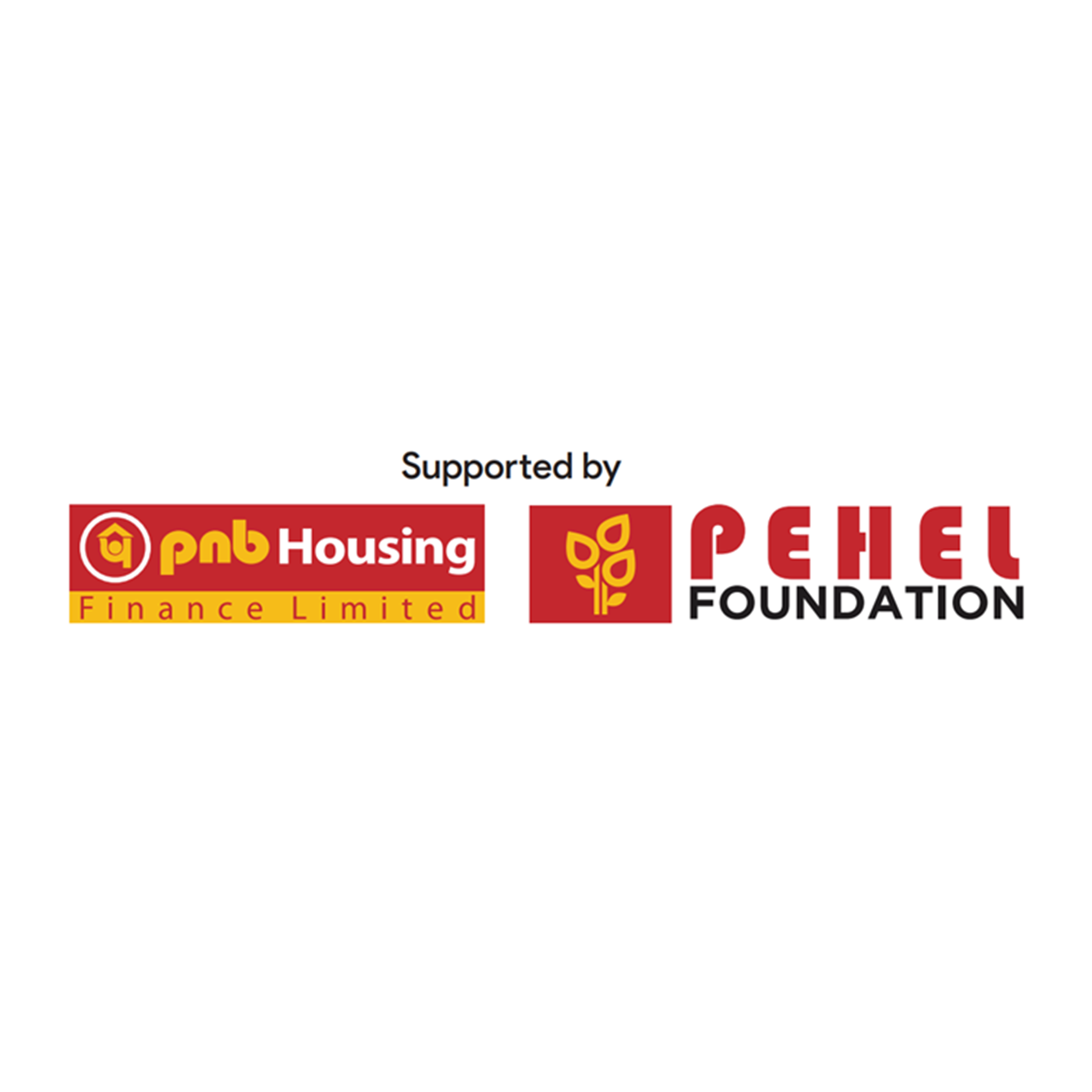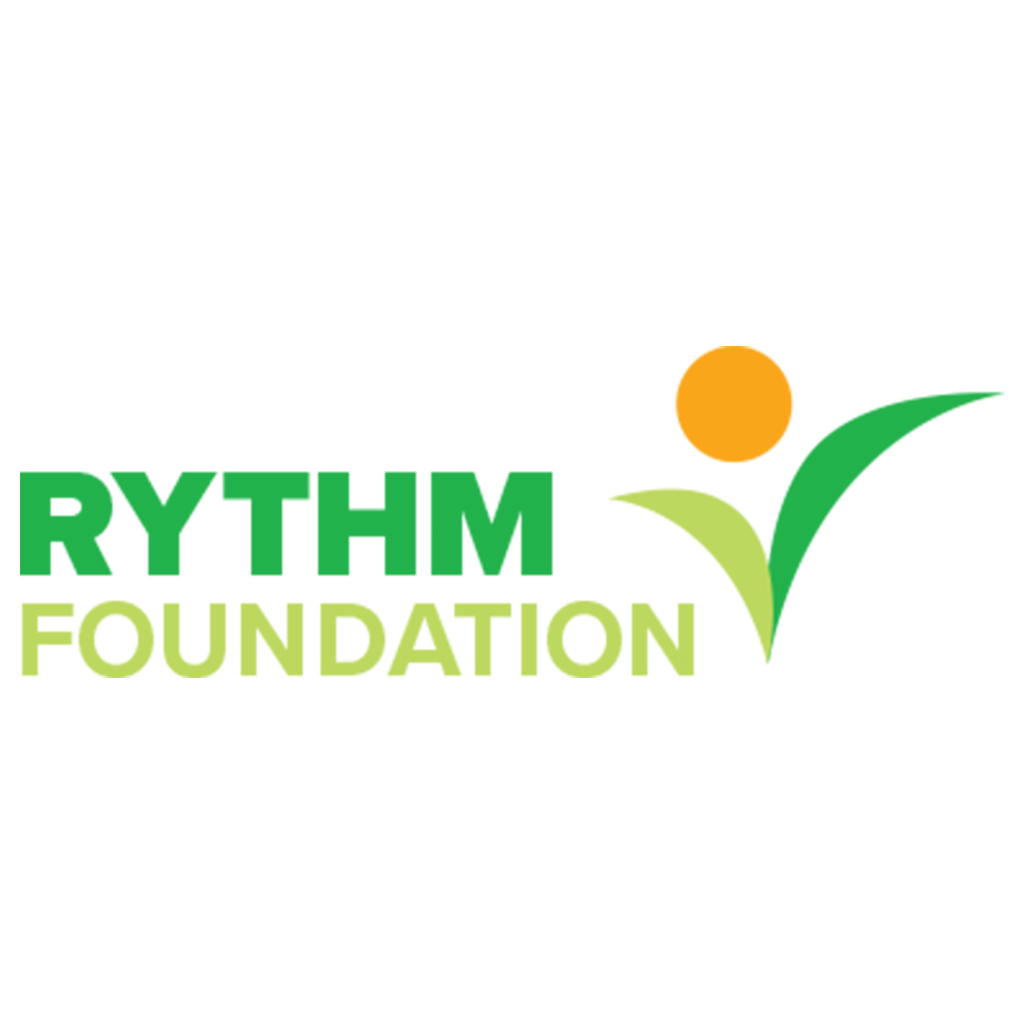We believe in partnership to achieve our organizational vision to advance child rights and equality for girls. At first, our partnership model aims to share the knowledge, expertise, best practices to promote learning in larger communities. We also consider the partnership as the space for learning. Working in a partnership approach helps in promoting accountability among different stakeholder towards the collective efforts in improving the quality of life of marginalized and vulnerable children, young people, particularly girls and young women.
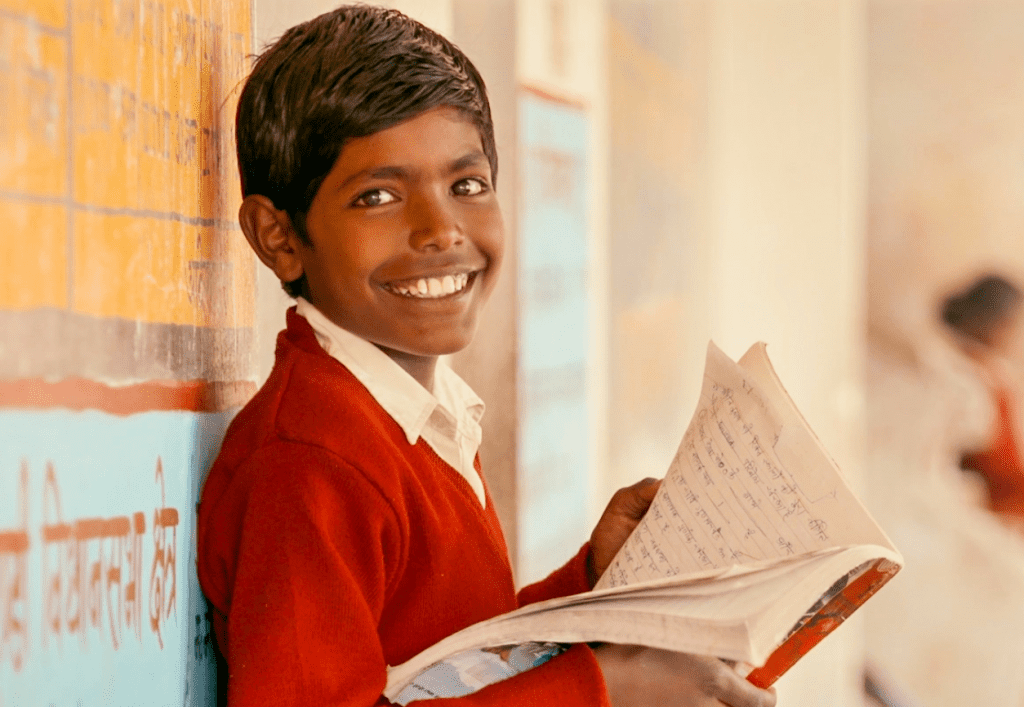
Partnering with Communities
Our partnership model aims to equip and enable parents and communities to take on the responsibility for child centered community development working in close coordination with local self-government. Over the past 2 decades, Plan India has implemented its child centered community development programs in more than 5,500 villages and urban slums spread in more than 80 districts in different parts of India. To promote gender equality, Plan India engages with boys and men as partners to overcome gender inequality and discrimination.
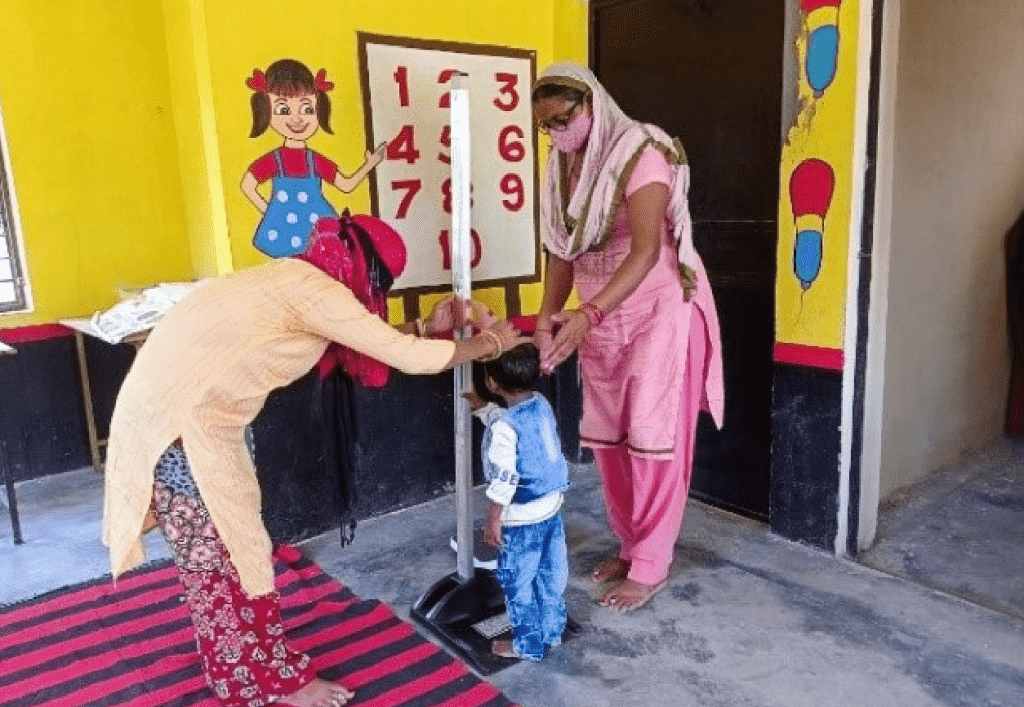
Partnering with Government
Plan India is a member of the State Taskforce Committee of Anemia Mukt Bharat. It has been contributing to the Swach Bharat & Swach Vidyalaya and Open Defecation Free Missions. In alignment with our Country Strategy, Plan India has been working closely with State Commission for Protecting Children’s Rights (SCPCR), the National Commission for Protection of Child Rights (NCPCR), State Commission for Women, Department of Labour to protect children from all forms of abuses and exploitation. It extends technical support and assistance to state governments on developing guidelines for addressing child labor and child marriage. We are the active contributors to the Government Beti Bacho Beti Padhao mandate through the campaigns such as Because I am a Girl and Girls Get Equal. Also, Plan India has been a development partner of NITI Aayog for the Aspirational Districts Program (TADP) and more recently we are actively contributing to the success and outcomes for the Aspirational Blocks Programs (TABP)
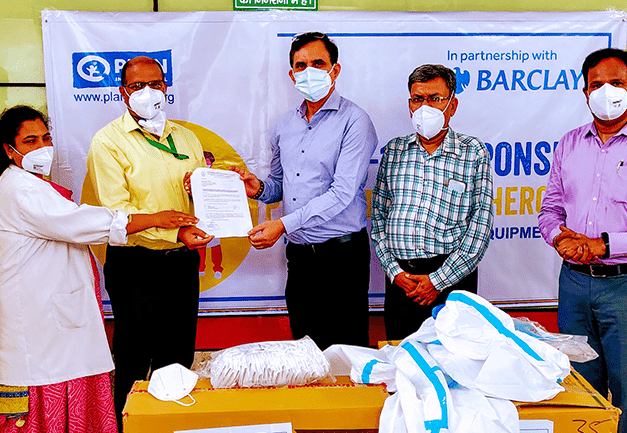
Partnering with Niti Aayog
The NITI Aayog is a public policy think tank of the Government of India, which takes a key role and responsibility in achieving Sustainable Development Goals. It also aims to build partnerships with key stakeholders and national and international like-minded think tanks. Plan India has signed a Statement of Intent with NITI Aayog to improve Health & Nutrition facilities in seven aspirational districts across five states.
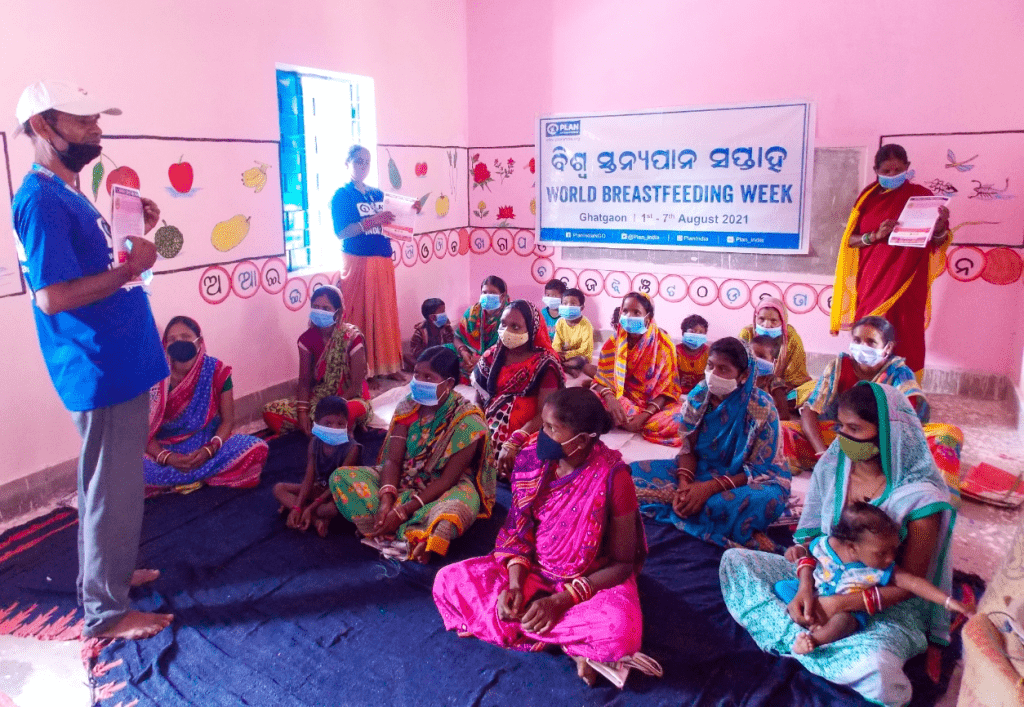
Partnering with Corporate India
Corporations are a key stakeholder aligning on the developmental agenda. Plan India works with numerous corporates to work on programs that address some of the key issues that impact girls and young women with the aim of making lasting change in the lives of the most vulnerable communities, families and children. Many of these projects have worked on delivering outcomes on quality education, inclusive health and nutrition, creating a protective and secure environment, ensuring sustained livelihood opportunities and disaster resilience and response.
